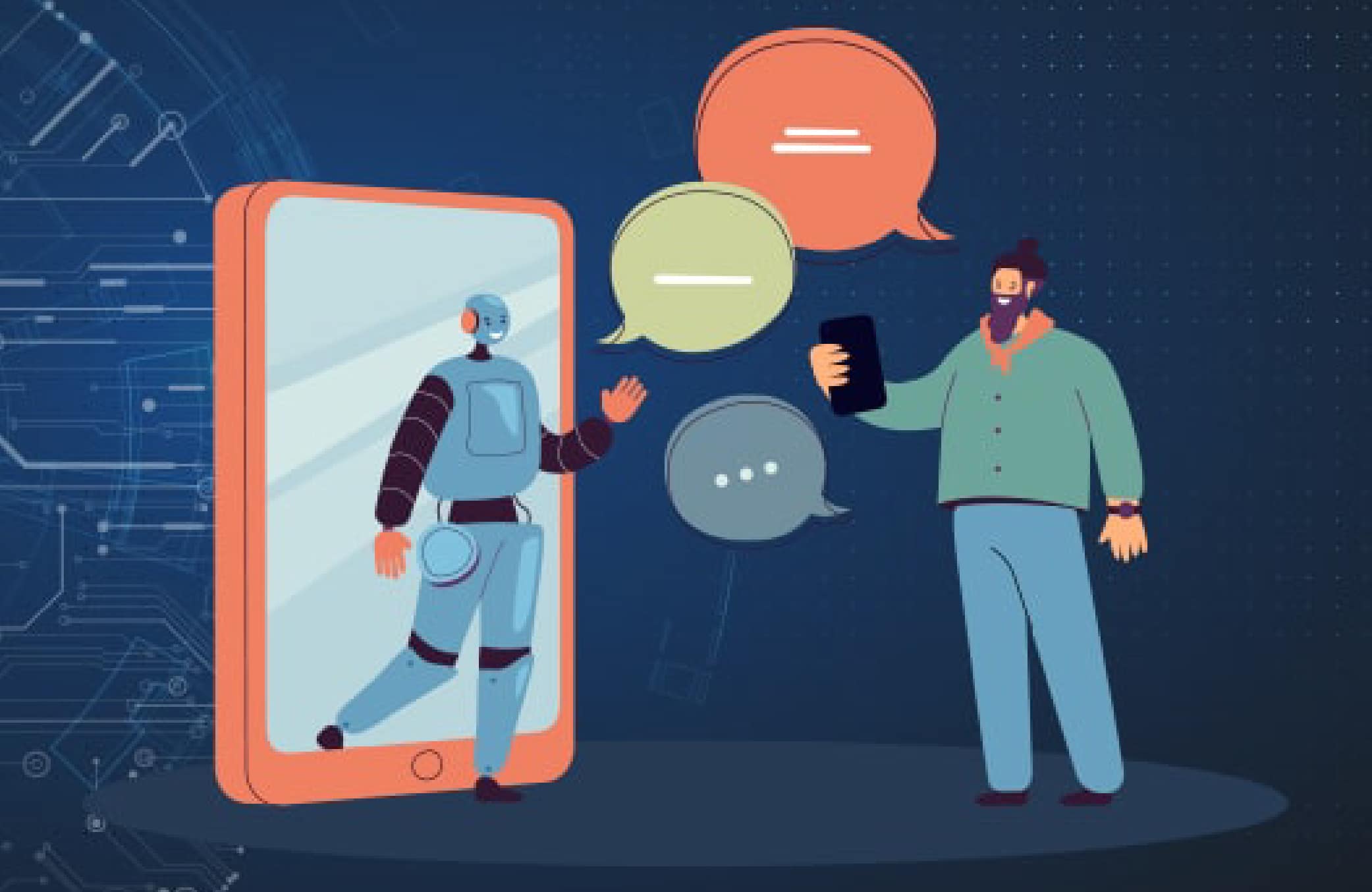The Future of Legal Translation and Its Impact on Society

Introduction
In an increasingly interconnected world, the globalization of legal systems and the need for cross-border legal cooperation have become paramount. From international trade agreements to human rights advocacy, the ability to navigate diverse legal frameworks and communicate effectively across linguistic barriers is a critical enabler of progress.
This blog delves into the future of legal translation, exploring the evolving landscape, emerging trends, and the transformative impact this field has on society. We aim to provide a comprehensive understanding of the profound influence legal translation will have on the democratization of justice and the promotion of legal empowerment worldwide.
The Evolving Landscape of Legal Translation: Challenges and Opportunities
Traditional Challenges
The legal domain is renowned for its intricate language, complex terminology, phrasing and context-dependent interpretations. This complexity, coupled with cultural and linguistic barriers, has long posed significant challenges for legal translation.
Mistranslations or misinterpretations in legal documents can have severe consequences, potentially jeopardizing the integrity of legal proceedings and undermining the pursuit of justice. These limitations have highlighted the need for innovative solutions that can address the growing demand for accurate and efficient legal translation services.
Technological AdvancementsI: A Paradigm Shift
Advancements in machine translation, natural language processing (NLP), and intelligent language models have opened up new frontiers, presenting opportunities for increased efficiency, scalability, and accuracy in legal translation.
Machine translation systems, using deep learning and trained on lots of legal data, can quickly translate documents while keeping the meaning and details of legal language. NLP techniques enable these systems to analyze and comprehend the intricate structures and terminologies found in legal texts, while intelligent language models can generate human-like translations with remarkable fluency and coherence.
These technological advancements have the potential to revolutionize the legal translation landscape, offering solutions that can address the traditional challenges and pave the way for more efficient and cost-effective legal translation services.
Emerging Trends Shaping the Future of Legal Translation
Intelligent Translation Systems
One of the most promising trends shaping the future of legal translation is the rise of intelligent translation systems tailored specifically for legal domains. These systems, powered by AI and advanced technology, can accurately translate legal documents quickly.
They offer several benefits, including faster translation of large volumes of documents, which saves time and money. They also ensure consistent terminology and meet industry standards, reducing the risk of errors in legal proceedings.
However, there are concerns about data privacy and quality assurance that need to be addressed. Security measures must be strong to protect sensitive legal information, and processes must ensure accurate translations, especially in important legal situations.
Hybrid Approaches: The Synergy of Human Expertise and Machine Intelligence
To address the complexity and nuances of legal language, hybrid translation models have emerged, combining the strengths of human translators and machine intelligence.
In this approach, AI-powered systems generate initial translations, which are then reviewed, edited, and refined by experienced legal linguists and subject matter experts. This synergy ensures that translations not only capture the literal meaning but also preserve the intended tone, register, and contextual nuances inherent in legal writing.
Moreover, this fosters a continuous learning and improvement process by creating a virtuous cycle that results in increasingly accurate and context-appropriate translations over time.
Specialized Domain Knowledge and Terminology Management
The legal domain is characterized by specialized terminologies and concepts, each with its own intricacies. Effective legal translation requires a deep understanding of these domain-specific nuances.
To address this challenge, collaborative platforms and knowledge-sharing networks have emerged, facilitating the development and maintenance of standardized terminology databases and glossaries.
Democratizing Access to Justice: The Transformative Impact of Legal Translation
Bridging Language Barriers and Promoting Legal Empowerment
Accurate legal translation has a broad impact beyond legal settings. It can break language barriers and empower diverse communities worldwide by making legal information accessible in multiple languages.
This accessibility fosters a deeper understanding of rights and legal processes, especially for marginalized groups facing linguistic barriers. Additionally, it contributes to the advancement of legal frameworks and the promotion of justice internationally.
Ethical and Regulatory Considerations
As legal translation adopts AI solutions, ethical and regulatory concerns are crucial. Data privacy and intellectual property issues are especially significant due to the sensitive nature of legal information.
The global healthcare translation service industry is expected to be US$ 805.7 million by 2032, witnessing a CAGR of 6.7%. Many emerging trends will follow:
The Future of Legal Education and Professional Development
Integrating Language and Translation Skills
The globalization of legal systems and the increasing demand for accurate legal translation have underscored the importance of language and translation competencies for legal professionals. By fostering a deep understanding of linguistic and cultural nuances, as well as emerging technologies and best practices, legal professionals will be better equipped to navigate the complexities of cross-border legal transactions and multinational collaborations.
Cultivating Cross-Cultural Competencies
Effective legal translation is not merely a matter of linguistic proficiency; it also requires a profound understanding of cross-cultural nuances and sensitivities. Since legal systems are closely linked to cultural contexts, it’s vital to develop cross-cultural competencies.
To achieve this, they can engage in immersive cultural experiences, case studies, and work on collaborative projects to foster cross-cultural understanding. Additionally, using technology for cross-cultural collaboration can improve their ability to navigate cultural nuances that influence legal frameworks and interpretations.
DataGain's Role in Shaping the Future of Legal Translation
DataGain pioneers legal translation with AI technology. With a focus on innovation, we ensure high-quality services using the latest AI advancements. Partnering with us enables legal professionals to navigate cross-border transactions confidently, by leveraging the power of AI-enabled translation while adhering to the highest standards of accuracy and quality.
Furthermore, DataGain’s rigorous quality assurance processes and adherence to industry best practices ensure that the translations meet the highest standards of legal compliance and client satisfaction.
Conclusion
In the era of legal translation, the future holds immense potential for transcending boundaries and fostering a more inclusive and equitable global legal landscape. The convergence of technological advancements, human expertise, and collaborative efforts is paving the way for accurate, efficient, and context-sensitive legal translation services.
This needs strong ethical guidelines to ensure responsible AI use and protect data privacy and intellectual property. The legal profession should adapt, fostering collaboration and language skills. This equips them to navigate global legal systems and use legal translation to promote justice.

